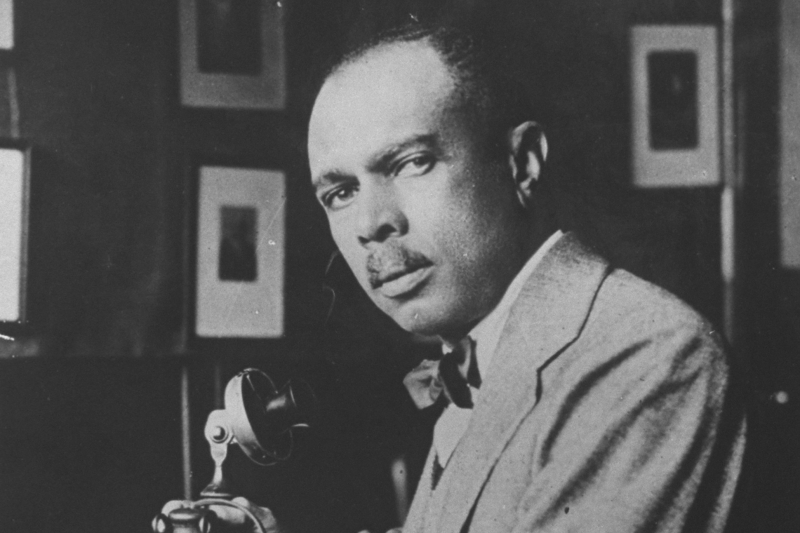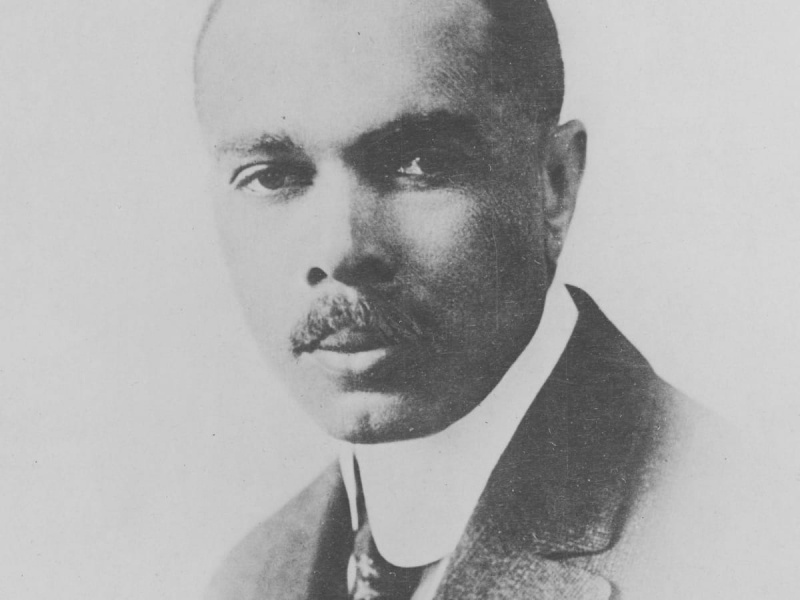James Weldon Johnson
James Weldon Johnson grew up in Florida, Jacksonville. The man viewed himself as both a leader of civil rights and a man of words during the 20th century' earlier decades. Regarded as a talented novelist and poet, James Weldon Johnson established quite high standards for realism and artistry in Black literature via some famous works like The Autobiographies of Ex-Coloured Men (1912) and God's Trombones (1926).
Furthermore, his exceptional studies in theater, music, and Black poetry around the 1930s have successfully introduced white Americans to the wonderful American African creative spirit, which previously have only been known via distorted minstrel shows and dialect poems. Even better, as the leader of NAACP (National Associations for Advancements of Coloured People), he led consistent civil-right campaigns to remove social, political, and legal obstacles that hindered Black achievements.
Some of Johnson's most famous works include Saint Peter Relating Incidents of Resurrection Days (1929), God's Trombones and 7 Nergo Sermons (1926), and 50 years and other poetry (1916), among many other releases. He also published some prose books, including What Now, Nergo Americans (1935), The Autobiographies of James Johnson (1932), and Black Manhattan (1930). His colorful and multidimensional career testified his self-confidence, intellectual breadth, and firm belief in the new opportunities held for the Black Americans.
Years: 1871–1938
Most famous works: God’s Trombones, Black Manhattan, Autobiography of Ex-colored Man








